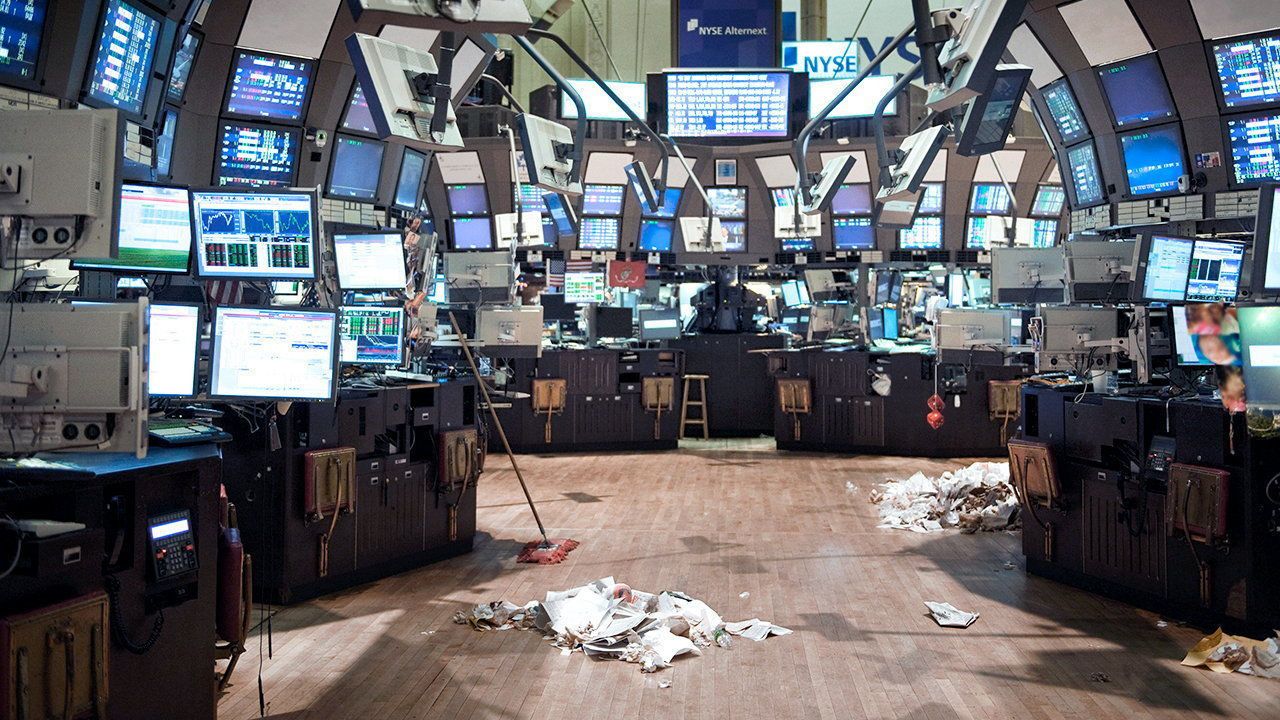- by Yueqing
- 07 30, 2024
-

-
-
Loading

Loading

The yearETF is 2034. America’s “magnificent seven” firms make up almost the entirety of the country’s stockmarket. For Jensen Huang, the boss of Nvidia, another knockout quarterly profit means another dizzy proclamation of a “tipping point” in artificial intelligence. Nobody is listening. The long march of passive investing has put the last stockpickers and stock-watchers out of a job. Index mutual and exchange-traded funds (s)—which buy a bunch of stocks rather than guessing which ones will perform best—dominate markets completely. Capitalism’s big questions are hashed out in private between a few tech bosses and asset managers.In reality, the dystopia will probably be avoided: markets would cease to function after the last opinionated investor turned out the lights. However, that does not stop academics, fund managers and regulators from worrying about unthinking money, especially in times of market mania. After the dotcom bubble burst in 2000 Jean-Claude Trichet, a French central banker, included passive investment in his list of reasons why asset prices might detach from their economic fundamentals. Index funds, he argued, were capable of “creating rather than measuring performance”. America’s red-hot markets have brought similar arguments back to the fore. Some analysts are pointing fingers at passive investing for inflating the value of stocks. Others are predicting its decline.